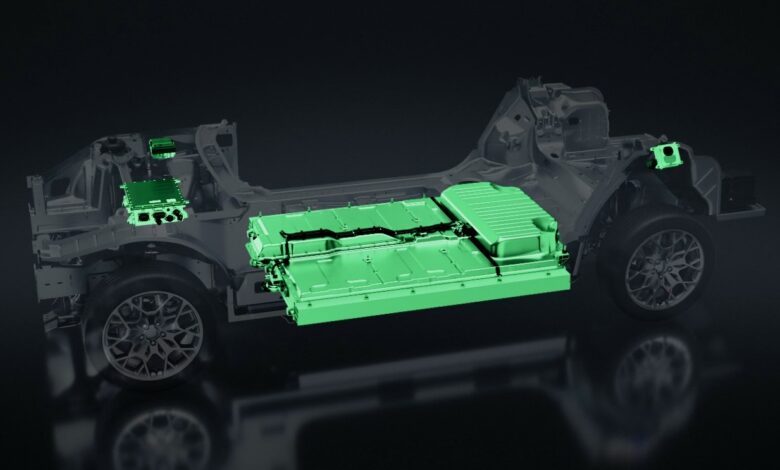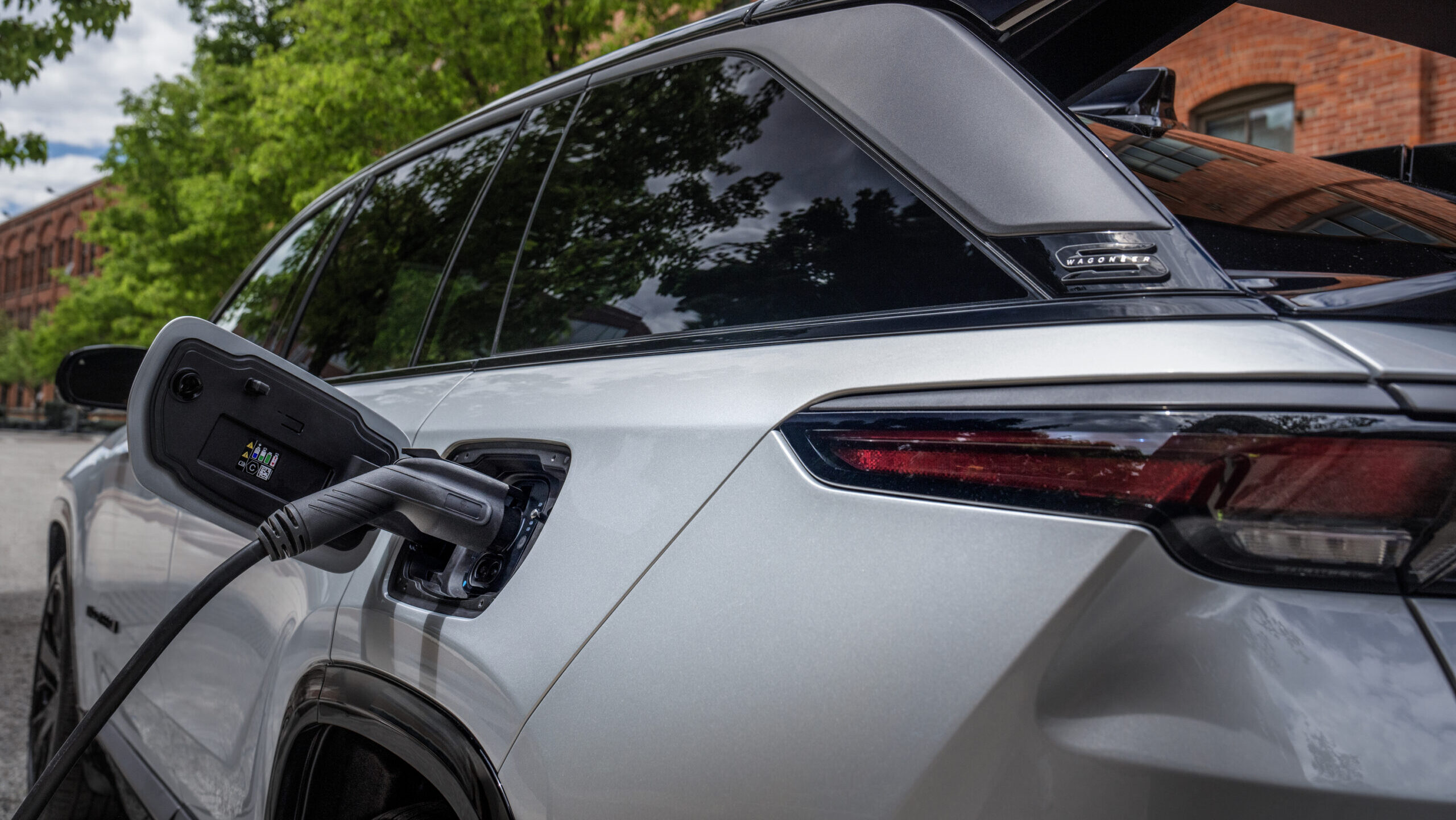EV Batteries Are Outlasting Most Gas Cars?
New Data Shows Electric Vehicle Batteries Can Last 20 Years

When people talk down on electric vehicles (EVs), one of the first things they throw out is: “The battery won’t last!” It’s a common myth, but one that’s getting harder to believe, especially with real-world data now proving otherwise.
According to Geotab, a vehicle telematics company based in the U.K., most modern EV batteries are built to last around 20 years—that’s 6 years longer than the average gas-powered car on American roads today, which clocks in at about 14 years old.

Geotab pulled this data from a massive sample of over 10,000 electric vehicles, tracking battery health over time. What they found is reassuring: on average, EV batteries degrade by just 1.8% per year. That means after 5 years, you’ll still have roughly 91% of your original driving range, and after 20 years, you could still be working with 64%—plenty of juice for daily commuting.
To be clear, EV batteries can fail, but the failure rate is extremely low—less than 0.5% for EVs built in the last 10 years. That’s incredibly rare.

There are a few things that can speed up battery wear, like extreme heat, DC fast charging, and always charging to 100%. To extend your EV’s battery life, the best tips are pretty simple:
-
Try to keep the charge between 20% and 80%, especially on nickel-based batteries like NMC or NCM.
-
Park in the shade when possible.
-
Use Level 1 or Level 2 chargers for daily charging needs.
-
If you have a lithium-iron-phosphate (LFP) battery, you’ve got a bit more flexibility—but even those shouldn’t be constantly topped off.

The takeaway here is clear: EVs aren’t just about going green or saving on gas. With the right care, their batteries are built to go the distance—sometimes longer than the cars themselves.
So the next time someone says EV batteries can’t last, just hit ’em with the facts.
Source: Geotab Battery Degradation Study





No replies yet
Loading new replies...
Join the full discussion at the Mopar Insiders Forum →